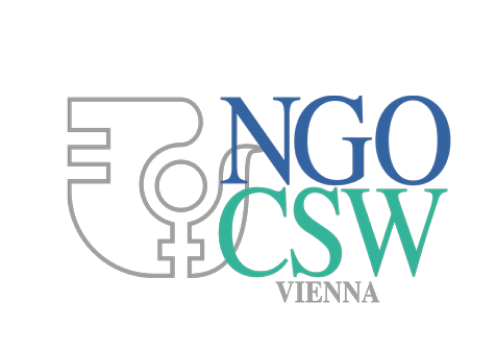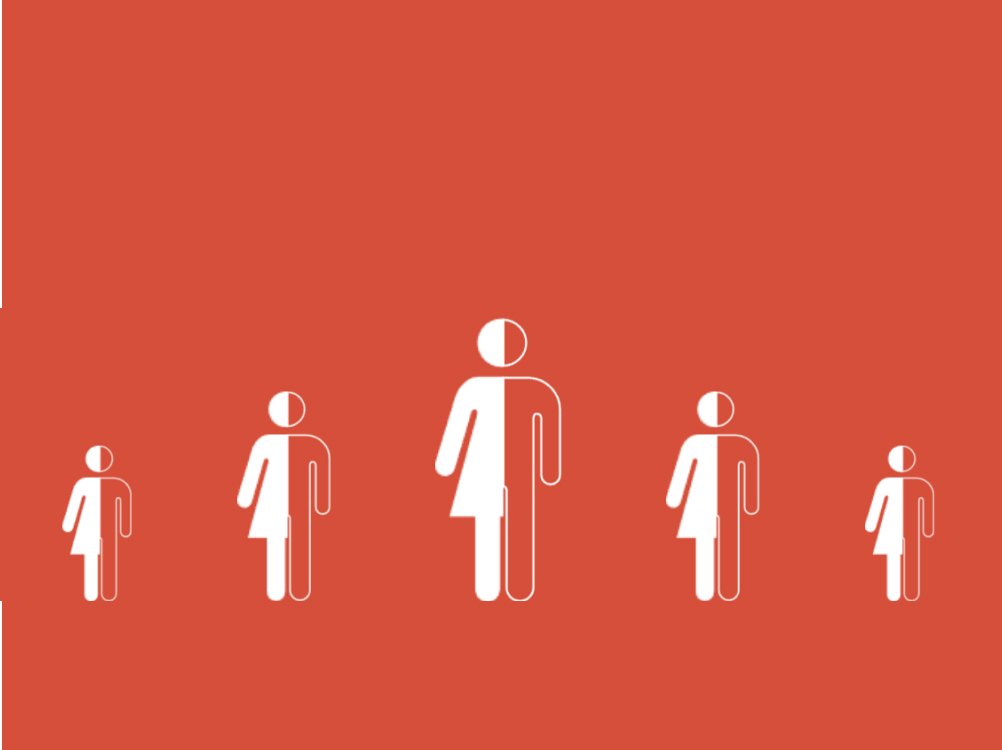Written Statement for the 62nd Session of the Commission on the Status of Women: Challenges and opportunities in achieving gender equality and the empowerment of rural women and girls
The Federation of American Women’s Clubs Overseas and the undersigned non-governmental organizations in consultative status with ECOSOC, member organizations of the NGO Committee on the Status of Women Vienna, present the following statement to the members and observers of the 62nd United Nations Commission on the Status of Women:
Women and girls represent half of the world’s population and therefore half of its potential, but gender inequalities persist, particularly among rural women, stagnating social progress in many countries of the world.
The world’s population is expected to approach 10 billion by 2050. To feed an additional two billion people, fishers, pastoralists, family farmers, indigenous people and women need further training, as their skills are either not adequately used or neglected. Often, they lack the resources to invest in agriculture, or have little knowledge of modern methods of sustainable and diversified consumption and production. The situation is complicated further by the impact of climate change on agriculture. The multiple discriminations that women face make them more vulnerable to climate change, disasters and conflict, especially women living in poverty, women with disabilities, single mothers, older women, rural women and indigenous women.
Women in agriculture play an important role in support of the UN Sustainable Development Goals: in a wide range of food production, distribution and utilization activities; and supporting water conservation, forestation and crop domestication. Progress on SDG #1 promotes progress of SDG #2: ensuring that all people have access to safe, nutritious and sufficient food is inextricably linked to poverty eradication and the fulfillment of the 2030 Agenda. Addressing malnutrition is indivisible from addressing poverty. Achieving SDG #2 is crucial for women due to their key roles in food production, food preparation and child care, but also because of their special vulnerabilities related to reproductive health.
With the increasing feminization of agriculture, approximately half of the agricultural workforce worldwide is now made up of women working as subsistence farmers, paid or unpaid workers on family farms or running off-farm enterprises. Rural women play a major role in agricultural production, a critical component of food security. Despite their significant contribution to the agriculture sector, women find themselves in a disadvantaged position compared to their male counterparts. They have less access to productive resources and assets, financial services and social protections. Gender-based social norms, laws and practices limit women’s involvement in gainful work and participation in workers’ and producers’ organizations. Addressing these biases is a key component of sustainable development strategies.
According to the United Nations Food and Agriculture Organization (2011), empowering women in agriculture through increasing their access to resources and decision-making over agricultural production could increase yields by 20–30 percent and reduce the number of hungry people by 12 to 17 percent. Small-scale farmers, particularly women, play a key role in promoting sustainable methods of farming based on traditional practices. Women often have knowledge about local plant and animal resources for nutrition, and utilize strategies to adapt to the impact of climate change as plant gatherers, home gardeners, herbalists, plant breeders and seed custodians.
Climate change affects not only the land, the soil, the vegetation and the availability of water, but people working in the fields exposed to these challenges. New forms of tending the land, irrigation and protection against desertification, crop planting and harvesting may be needed, as well as ways of handling violent weather episodes.The effects of climate change affect women’s ability to work in the fields, find suitable water sources and attend school, as drier soil beds mean more time spent collecting water and tilling, and less time in the classroom.
Women’s and girls’ empowerment is essential to expanding economic growth and promoting social development. Increasing rural women’s access to functional literacy, vocational training and decent employment opportunities is critical to raising family incomes, improving productivity, and food security. When women have additional income, they spend more of it on food, health, education and clothing for their children than men do. This has positive implications for immediate well-being and long-lasting human capital formation and economic growth.
Special efforts must be made to close the gender gap and empower rural women and girls, strengthening local community-based approaches so women can create better futures and healthier environments. Women in rural regions possess valuable knowledge and agency, and play vital roles in the economic, social and ecological spheres. The resilience, strength, and power of women represents an enormous potential for the sustainable development of rural regions.
Therefore, the undersigned members of the NGO Committee on the Status of Women Vienna and NGO Committee on the Status of WomenGeneva call upon Member States to:
• Close the gender gap in agriculture and provide equal access to functional literacy training as well as education, land, equipment, financial services, credit and vocational training for rural women;
• Abolish all forms of discriminatory legislation related to rural women’s ownership of and access to productive resources, property and land ownership and inheritance rights; and given widespread gender-related violence and harmful practices, provide rural women access to equal protection of the rule of law;
• Ensure that rural women have access to gender-specific health services;
• Encourage equal participation of women in decision-making bodies and institutions on all levels;
• Adopt National Action Plans and gender-responsive approaches in climate-conscious agricultural initiatives, and train rural women in agricultural practices adapted to climate change, taking into account indigenous wisdom and experience;
• Ensure that technologies, extension services and vocational training are responsive to women’s needs;
• Collect sex-disaggregated data in agriculture, food supply and health to underpin gender analysis and develop gender-sensitive tools for the development of the agriculture sector.
Signed by the following members of the NGO Committee on the Status of Women Vienna:
African Action on Aids
African Women’s Organization
European Union of Women
Federation of American Women’s Clubs Overseas
Graduate Women International
International Alliance of Women
International Association of Democratic Lawyers
International Council of Jewish Women
International Council of Psychologists
International Council of Women
International Federation of Business and Professional Women
International Federation of Home Economics
International Federation of Social Workers
International Inner Wheel
Pax Romana
Servas International
Socialist International Women
Society for the Advancement of Global Understanding
Soroptimist International
Women’s International Zionist Organization
Women’s Federation for World Peace
World Union for Progressive Judaism
Zonta International





